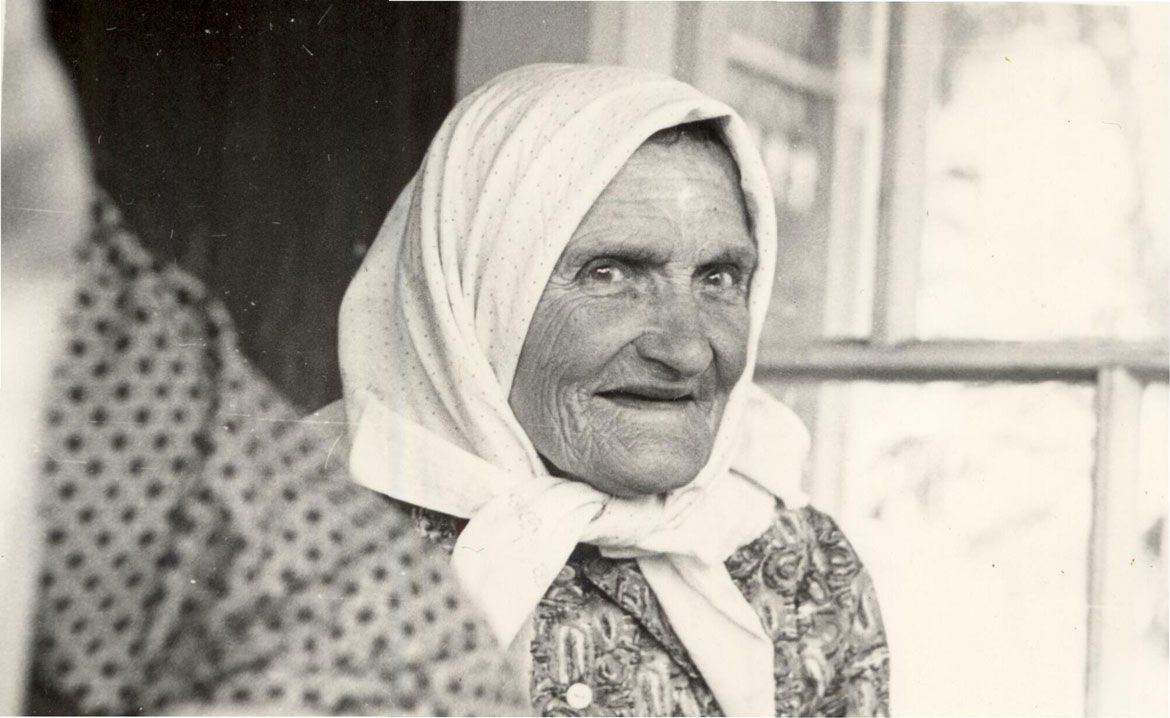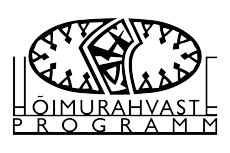Ai-voi poigad
(War Song)
Leanne Barbo and choir
In Votian
Ai-voi poigad, ai-voi poigad,
sütšüzü tuõb ette,
rooz kaalina majaa da
rooz maalina majaa,
meni poika hüppäjäisiss
tšihuvõisõ vette.
Maama leipijäni vaali,
izze poika sõtta laati:
“Kuulõ, kuulõ, poikazõni,
paa pähä, mitä pajatan!
Kui meede sõtima,
elä mee ette muissa,
kui meede sõtima,
eläko taga muissa –
esimeized lõikota,
takumõizõt tallota.
Väänti tšehsi vättšese,
litši lipu kantaja –
lipu kantaja katobõ,
a sillõ lippu liitetä,
sillõ lippu liitetä
i metali rinta ripusata.”
In English
Ay-vay, boys, ay-vay, boys,
Autumn is coming,
A boy went from the dance
Into boiling water.
Mother shaped her bread,
Sending her son to the war:
“Hear-hear, my dear son,
Listen to what I say!
If you go to battle,
Don’t rush ahead of others,
If you go to battle,
Don’t stay behind the others—
The first will be killed,
The last trampled to death.
Turn to the middle of the army,
Near the flag bearer—
The flag bearer will die,
But you will be given the flag,
You will be given the flag,
And a medal attached to your chest.”
In Votian written language
Ai voi poigõd, ai voi poigõd,
sütšüzü tuõb ette,
rooz kaalina majaa da
rooz maalina majaa,
meni poika hüppäjäisiss
tšihuvõisõ vette.
Maama leipijäni vaali,
izze poika sõtta laati:
“Kuulõ, kuulõ, poikazõni,
paa pähä, mitä pajatan!
Kui meede sõtima,
elä mee ette muissa,
kui meede sõtima,
eläko taga muissa –
esimeized lõikota,
takumõizõd tallota.
Väänti tšehsi vättšese,
litši lipu kantaja –
lipu kantaja katobõ,
a sillõ lippu liitetä,
sillõ lippu liitetä
i metali rinta ripusata.”
“Brother’s war tale” is one of the best known epic songs of Votians and other Baltic-Finnic people. The version given here says nothing about the brother’s leaving for war and return, but is limited to the part where the mother teaches her son not to rush ahead or stay behind of others but move in the middle, because the “middle ones will be returning home”.
Oudekki Figurova has told that the song was customarily sung by women who had gathered together to send a recruit off to war: Naizõd laulotti, kuza õlti parvõza. Enne laulotti nekrutilla, ku õlti saattamaz. Enne õli rihi täün vättšeä, ku poik meni sõtamehess. (‘Women used to sing it, when they had come together. They sang it to a recruit while sending him away. The room used to be packed with people when someone’s son was sent off to war’.)
The chorus of the melody by Duńa Trofimova is derived from Russian game songs: раз, калина моя, раз, малина моя. Duńa herself did not use the tune to sing “Brother’s war tale” (for the recording of the melody, see the song Ku miä õlin peeni poika, Children’s songs and chastushki).
T Oudekki Figurova, Rajo (Ariste 1986: 33, 67, 80).
M Duńa (Jevdokia) Trofimova, Jõgõperä (Paul Ariste, Igor Tõnurist 1973, RKM, Mgn II 2328 l).

Votian folksinger Oudekki Figurova telling a story. Photo: U. Orek, 1969 (VE XIII 187 (14)).





